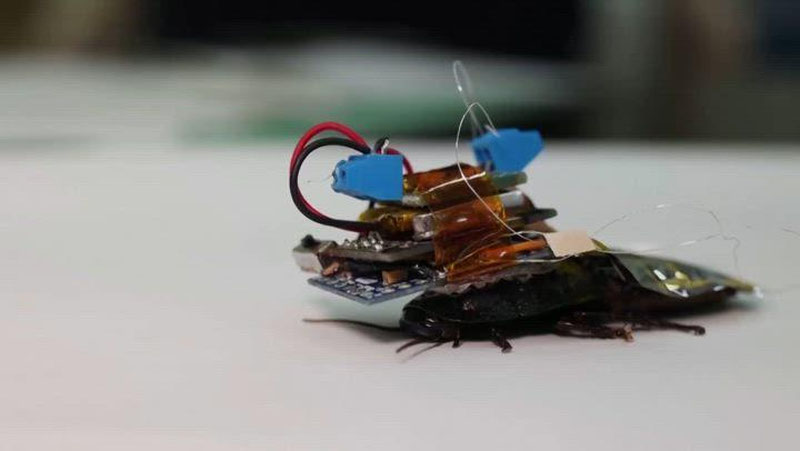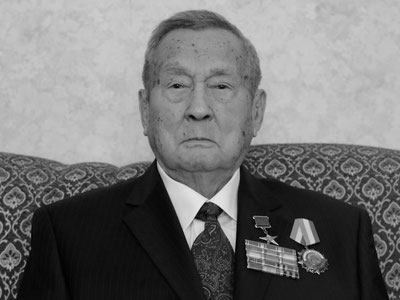Scientists from the Beijing Institute of Technology have developed an innovative system that allows remote control of bee movements using advanced microcharging and artificial intelligence technologies. Zamon.uz reports.
The 74-milligram microchip they developed is attached to the bee's back and controls its flight direction by sending electrical impulses to its brain and nerve nodes through three thin electrodes. During the research, the system successfully guided bees to fly left, right, forward, and backward.
The scientists emphasize that this technology is not merely about replicating bee movements but is based on controlling their decision-making and adaptability. The microchip operates using AI algorithms trained on recorded flight patterns and movement directions of bees.
This breakthrough has broad practical applications. Experts highlight the potential uses of this technology, such as:
Locating people trapped under debris during natural disasters,
Conducting ecological monitoring in hard-to-reach areas,
And serving as a micro-reconnaissance tool in military operations or counter-terrorism missions.
Moreover, China's approach differs from earlier experiments conducted in the U.S. and Australia, as it represents one of the lightest and most efficient biological drone models. Currently, no other country has demonstrated a system with such precise control.
However, experts are also debating the safety and ethical implications of this technology. For instance, establishing full control over a living organism's movements raises questions about the delicate boundaries between humanity, the environment, and biotechnology.






